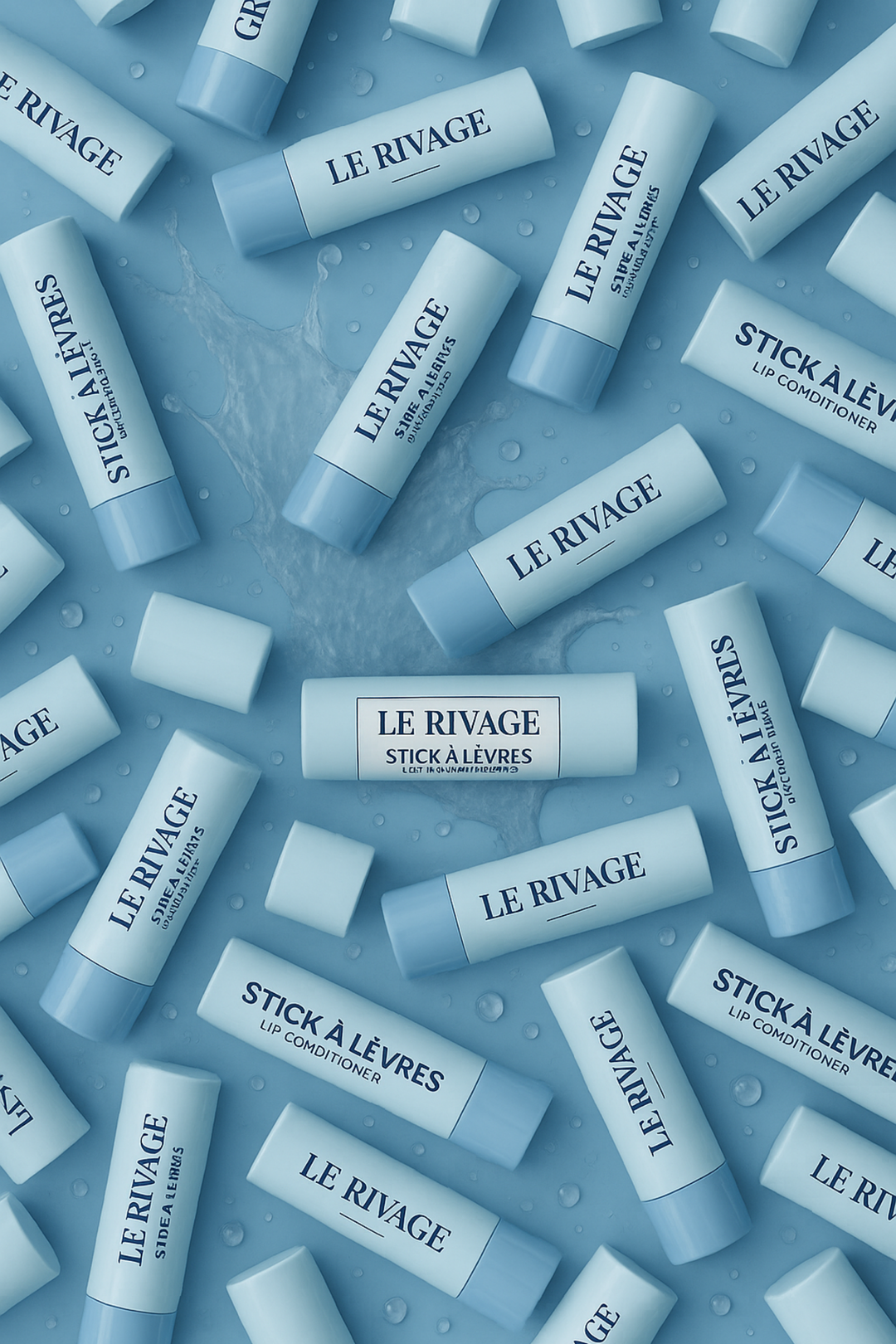The challenges of sustainable cosmetics
The cosmetics industry, long criticized for its environmental impact, is undergoing a major change. Consumers are increasingly aware of ecological issues and are looking for products that respect the planet. Sustainable beauty has become a central issue, prompting brands to rethink their formulations and packaging.
The main challenges include :
- The impact of ingredients: Some ingredients used in cosmetics can be polluting for the environment or derived from the exploitation of non-renewable natural resources.
- Packaging: Plastic packaging, often oversized and difficult to recycle, accounts for a significant proportion of the waste produced by the cosmetics industry.
- Water pollution: the micro-particles present in some products can end up in watercourses, harming biodiversity.
Le Rivage: A Pioneer in Sustainable Cosmetics
The Le Rivage brand is fully committed to this ecological approach to cosmetics. By favoring glass and recycled cardboard packaging, it demonstrates its commitment to the environment.
Why recycled glass and cardboard?
-
Glass:
- Inert: Does not release harmful substances into products.
- Protector: effectively protects cosmetic formulas from light and oxidation.
-
Recycled cardboard:
- Ecological: Its production requires less energy and water than virgin cardboard.
- Biodegradable: rapidly decomposes in nature.
- Recyclable: It can be recycled several times.
Le Rivage's other commitments
In addition to its packaging choices, Le Rivage could implement other actions to reinforce its commitment to sustainable beauty:
- Natural and biodegradable formulas: Choose ingredients of natural origin to minimize environmental impact.
- Local production: Reduce our carbon footprint by favoring local production and short supply chains.
- Transparent communication: Inform consumers about the brand's commitments and the composition of its products.
